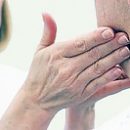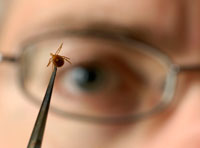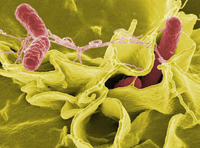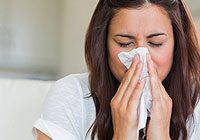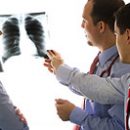Is it possible to become infected with HIV infection during sexual contact with a condom? Is it possible to infect HIV infection with kisses? Is it possible to jointly live with HIV-infected and not infected with?
Content
Question # 1. How HIV is transmitted?
HIV is transmitted through fluids of the body containing a virus in a concentration sufficient to infect (blood, sperm, vaginal selection, maternal milk). It is transmitted when combined with a syringe with intravenous drug administration, when overflowing the blood and its components, with sexual contacts, as well as a child from HIV-infected mother during pregnancy, childbirth and breastfeeding.
Question # 2. Which of the listed methods are characterized by the greatest risk of infection?
The most high probability of infection through blood (joint use of the syringe, blood transfusion). When sex contacts, sex contact is played a major role. Therefore, from sex contacts the most risky in terms of HIV infection are anal contacts (without a condom), the least risky - oral contacts (without a condom). Vaginal contacts (without a condom) occupy an intermediate position.
The risk of infection with a single sexual contact without a condom with a HIV-infected partner is:
- With oral sex (blowjob and cunnilingus) - thousandths of interest percent
- With vaginal sex risk - about 0.1% (for a man) and 0.3% (for a woman)
- with anal sex - about 5%
Question number 3. What other factors can increase the risk of HIV transmission during sexual contacts (without a condom)?
Considering the fact that the risk of infection is influenced by the trauma of sexual contact, violent sexual intercourse (rape) is characterized by a higher risk of HIV transmission compared to non-violent.
In addition, many venereal diseases (syphilis, herpes of genital organs) are manifested by genital ulcers, significantly increasing the risk of infection with HIV infection. Other venereal diseases (gonorrhea, chlamydia) are accompanied by inflammation of the genitals, also increasing the risk of HIV transmission during sexual contacts.
Question number 4. Is it possible to become infected with HIV infection during sexual contact with a condom?
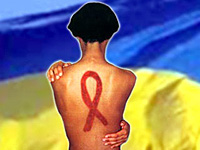 Infection with sexual contact with a condom (if it has not broken and did not fly) excluded. Information that condoms are capable of missing HIV turned out to be myth. Modern scientific research convincingly show that latex condoms with proper use reliably protect against HIV.
Infection with sexual contact with a condom (if it has not broken and did not fly) excluded. Information that condoms are capable of missing HIV turned out to be myth. Modern scientific research convincingly show that latex condoms with proper use reliably protect against HIV.
Question number 5. Is HIV in the process of mutual masturbation?
No, in this way, HIV is not transmitted.
Question number 6. Whether the risk of HIV transmission is reduced when using chlorine-containing antiseptics (chlorhexidine, miramistin), as well as when using spermcitis (pharmatex, …)?
No, the effectiveness of these drugs in terms of protection against HIV is not scientifically proven.
Question number 7. Is it possible to infect HIV infection with kisses?
No, when kisses, HIV is not transmitted.
Question number 8. Is it possible to jointly live with HIV-infected and not infected with?
HIV is not transmitted while nearby, joint eating or through touch to an infected person; It is also not transmitted through dishes and bedding.
Question number 9. Can mosquito bites or other insects be the cause of HIV infection?
No. Transmission of HIV through insect bites for more than twenty-year history of HIV study not registered.
Question number 10. Is it possible to infect HIV when the blood of a patient's patient on the skin of a healthy person?
If the skin had no damage, then the infection is impossible.
Question number 11. Is it possible to get infected with dried blood or sperm?
No. When dried in biological fluids, HIV, which is kept in them, dies.
Question number 12. How long is HIV can live outside the body, and how can it be deactivated?
HIV unstable in the external environment and is sensitive to all disinfectants.
Commize in the community


